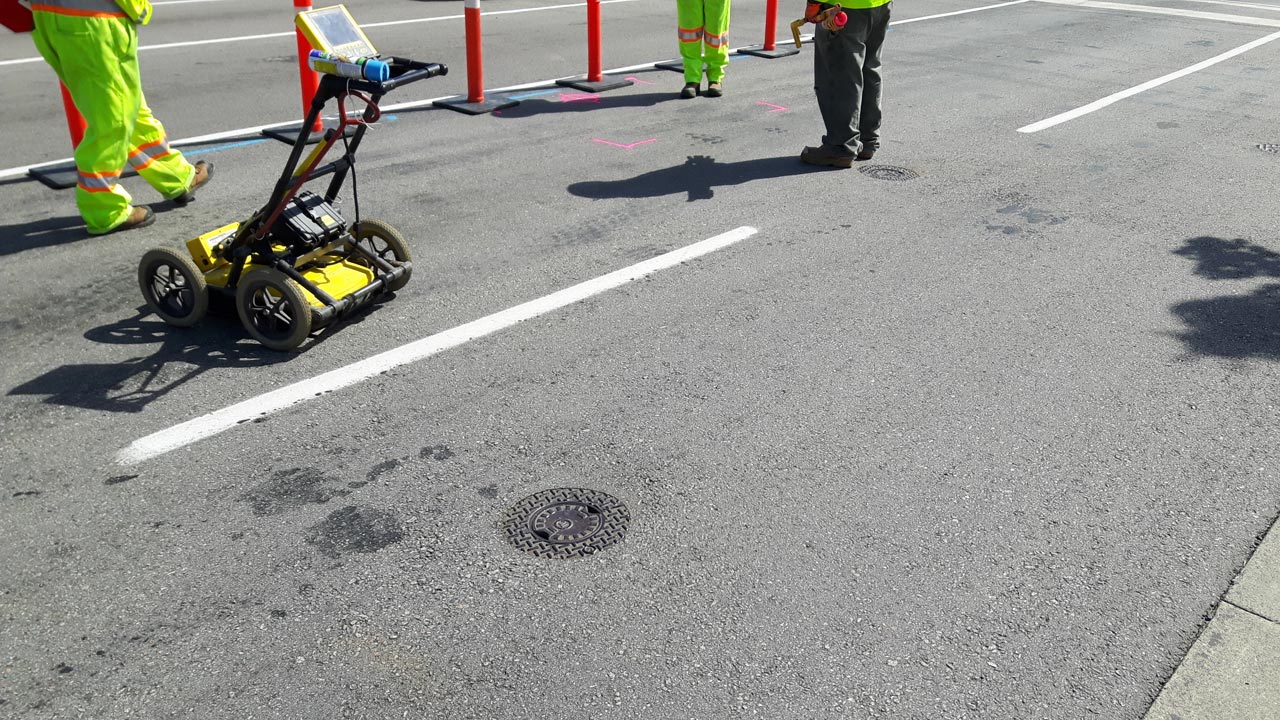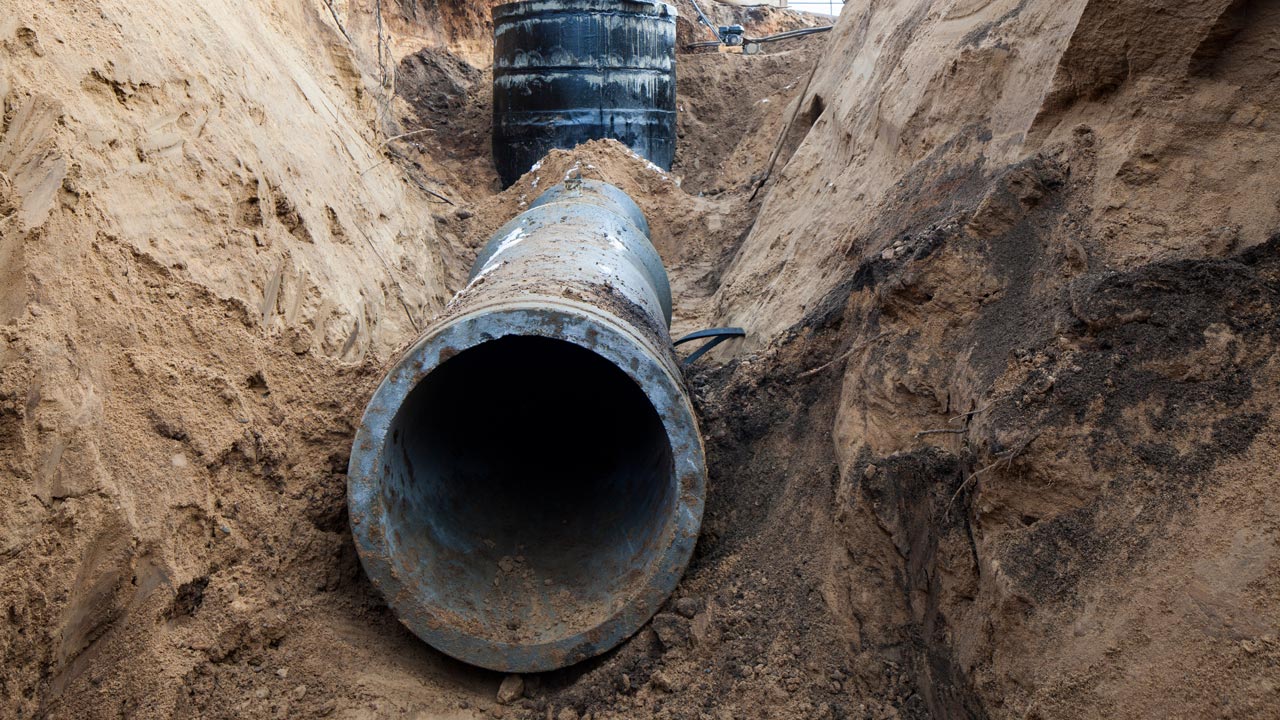Concrete core drilling is the process of creating holes or removal of concrete cylinders from structures. Among the concrete coring applications are heating, ventilation, and air conditioning (HVAC) procedures, drainage, maintenance hole, and structural testing. The procedure is used for surface & concrete scanning and specific concrete removal.
Concrete cutting is a common activity across the country, especially with workers on a construction site. Frequently, the people performing this work are skilled experts who specialize in working with concrete and masonry.
However, concrete core drilling is also performed by plumbers, electricians, and other construction and renovation professionals occasionally or regularly. Regardless of who is doing the job, successful operators follow certain tips and operating guidelines to prevent injuries.
Tips for Safe Concrete Core Drilling:
It is dangerous to work in construction while handling concrete. Aside from the dangers inherent in the typical work environment of manufacturing operations, such as machine handling and safety risks—concrete work presents numerous health and safety hazards, according to a report from Formplus.
Choose the Right Drill to Use
Choosing the right concrete core drill is one of the first things you need to think about. Drills can be classified into two major categories such as handheld or rig-mounted.
Rig-mounted drills are used for drilling holes larger than three inches, whereas handheld drills work best for drilling smaller holes.
Choose the Right Drill Bit
For concrete core drills, their bit is chosen according to the hardness of the material you are doing the job onto. Diamond-tipped bits are the most common drill bit for concrete core drilling.
Metal-bonded diamond drills will work efficiently for cutting ultra-hard alumina, sapphire, precious stones, and materials with high metal content. On the other hand, nickel-bonded electroplated diamond drills will work properly for cutting softer materials such as tiles, smooth stones, glasses, and composites.
Choose the Right Stand Attachment
If you are using rig-mounted drills for your core drilling projects, rigs must be secured to a surface using anchors, bolts, or vacuum seals. Determine the right stand attachment according to the walls or surfaces you will work on.
When attaching to a vertical or highly angled surface, wall anchors work best. On the other hand, a vacuum stand works well for a flat or slightly angled surface. This type of stand relies on suction to keep them firmly in place during drilling.
To minimize the risks of accidental drill slippage, professionals frequently use additional safety chains along with their tools.
Wear Protective Gear
As with most construction services, you must wear the proper safety equipment. Among these are protective glasses, rubber boots, a mask or ventilator, and ear plugs.
The operation of a concrete cutting machine generates a lot of dust and noise, so you should use safety gear for your eyes, ears, and mouth to prevent work-related medical problems.
Eliminate Tripping and Falling Hazards
Approximately 15% of accidental deaths at industrial work sites are caused by falls, according to Occupational Safety and Health Administration (OSHA). These accidents result in more than $12 billion in healthcare and disability costs each year for project managers in the U.S.
Take these precautions to prevent slips, trips, and falls while in service:
- Never leave tools on the ground—clean them up as soon as possible.
- Main walkways should be kept clear of dust, debris, and clutter.
- Cover exposed cables and cords with safety tape.
- Provide proper footwear for workers to reduce the risk of ill-fitting shoes.
- Provide handrails and handholds in areas with poor balance.
Concrete Core Drills Service You Can Trust
If you’re using a concrete saw to create holes, don’t expect to work quickly. It may take hours to complete this process, and you should be willing to take your time in your construction project. By cutting too deep and too fast, you can damage the blade of your saw and overheat your equipment.
Before performing concrete core drilling, reach out to us for concrete scanning and other utility locating and mapping services in Southern California.
Email us at info@util-locate.com or contact us at 888-885-6228 at Util_Locate today!


